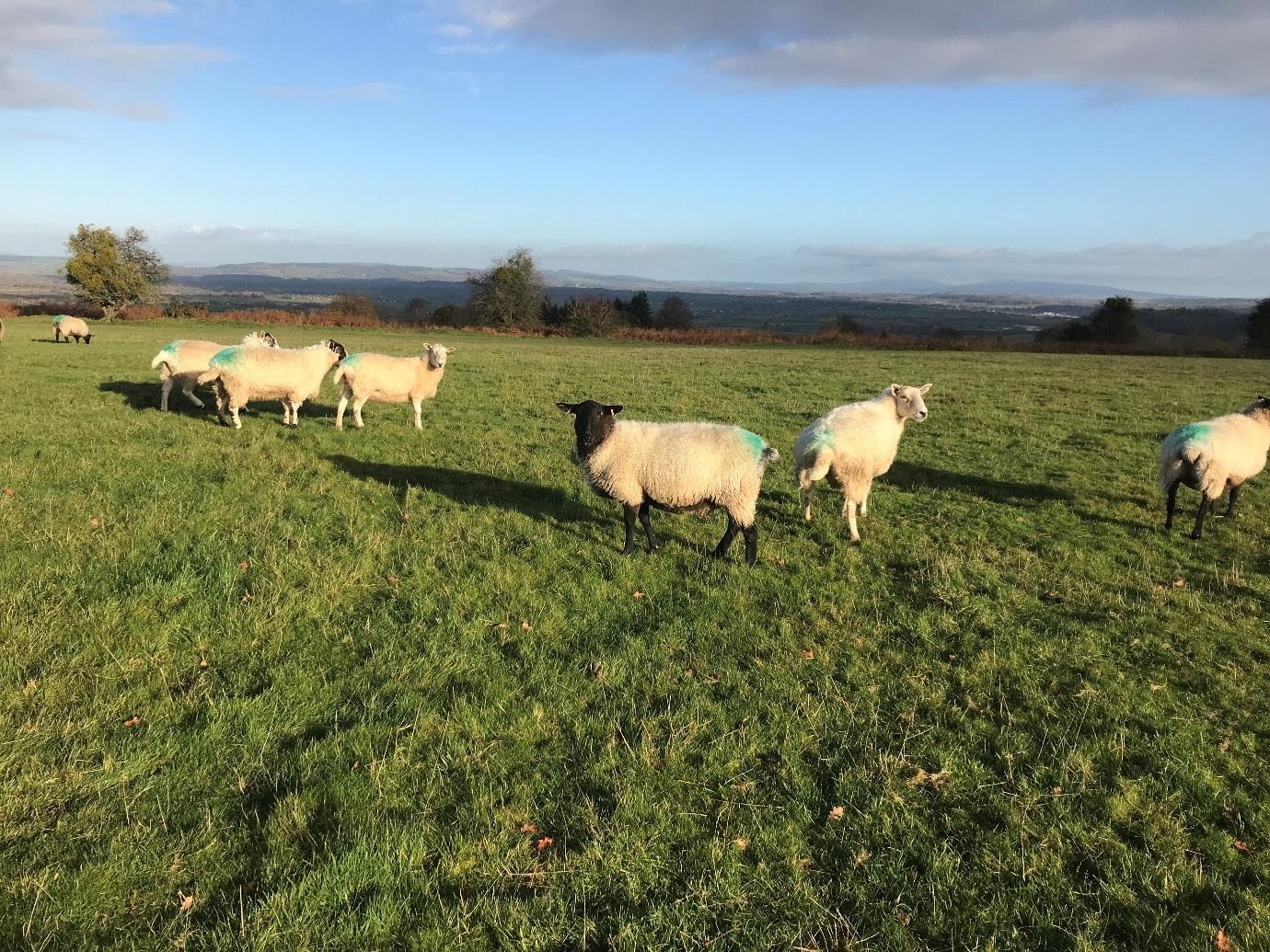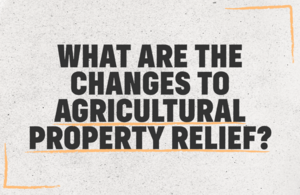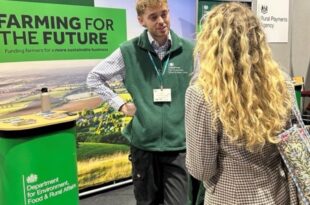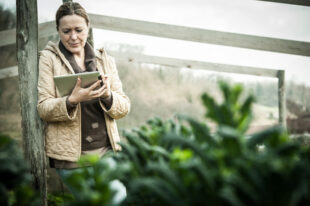
I’m a social researcher in the Future Farming Insights and Evaluation Team in Defra. As a team we work to bring farmers’ voices from across England into the department to inform the policies which affect them.
We run a variety of projects to listen and gather insights from farmers, whether this is conducting our own research, hearing from stakeholders, or through commissioned research teams.
Over the last couple of years we’ve been listening to what farmers and growers think about the range of policy proposals set out in the Agriculture Bill, which recently became law.
In this post, I’ll share some of the insights we’ve learnt and how we are ensuring farmers’ voices are ‘on the table’ during discussions about farming policy.
Listening in the field, listening from the office
Over 18 months, we joined more than 50 farmer-hosted discussion groups across England.
We met with farming charities, leading academics, and a range of representative organisations and stakeholders.
We also heard from Rural Payments Agency (RPA) inspectors about their experiences and relationships with farmers.
Recently, we had telephone conversations with farmers and farming organisations. We spoke about enabling farmers to take opportunities from the changes ahead to deliver environmental outcomes through new schemes.
We heard about the challenges of existing service design but also personal success stories, such as creating habitats for cirl buntings in Devon and lesser redpolls in Yorkshire, or watercourse protection in Cumbria.
Farming has a rich diversity of production systems and landscapes. We’ve really valued listening to farming experiences from the remote heights of Coquetdale in Northumberland to the orchards of Kent, and from the productive fields of Norfolk to the wild beauty of Dartmoor National Park.
Whether meeting a farming group in a barn, sitting around a kitchen table, or more recently via telephone interviews or Zoom groups, we’re hearing about the realities of farming first-hand.
We’ve started an interesting research project with Fera Science and the University of Birmingham, who are in the process of speaking to over 100 farmers, to ask them how they are responding to the new domestic agricultural policy, which started at the beginning of this year. We’re looking forward to the results of that research.
So far, we’ve discussed wide ranging topics such as the decision-making process, resilience, risks, the impact of uncertainty, and where farmers seek out the information they need for their business.
What we heard and learnt
The variety of engagement with farmers has revealed a diverse mix of issues which they are currently facing.
These include day-to-day concerns such as how the weather affects every farm type, issues around current Common Agricultural Policy scheme administration, and the impact of COVID-19 restrictions. But also important longer term issues such as the uncertainty, risks and opportunities around future farming policies including trade deals and tariffs.
We heard stories about individual farms, including their unique histories and the importance of their local context and environment. This influences how they operate the farm, approach decision making, and make business plans for the future.
Many farmers we talked to were already engaged in, and positive about, agri-environment schemes and diversification. Farmers who are already more actively engaged are more likely to be open to increase or change their activity.
However, we were also reminded that many farmers have limited opportunities to change the nature of their business to realise greater economic potential.
Several farmers we spoke to were positive about an unsubsidised future for farming in England and welcomed the opportunities and challenges it could bring. However, some farmers said they felt anxious about the future and emphasised the need to encourage an industry in which farmers are respected and feel proud about their contribution of food and public goods.
This clearly demonstrates the diversity of views and experiences within the agricultural sector.
We learnt that many farmers were well-connected in terms of speaking with their neighbours and discussion groups and using farming forums as key sources of information.
However, we were reminded of the need to recognise the impact of uncertainty and policy changes on the mental health and wellbeing of the whole farming community.
Understanding how farmers are feeling and reacting can help us put in place appropriate measures to build resilience at a time of change.
Join the conversation
A key part of our roles is not just listening, but ensuring what we hear makes a difference.
We tailor these insights specifically for different policy teams and build up our expertise about a wide range of issues and ideas within the farming community.
Co-design is a key principle of our work to ensure we design and deliver policies which are practical and make improvements. We are always keen to listen and talk about what we hear and you’ll find us quoting our farmers at every opportune moment in our jobs.
If you’re a farmer or grower, farming family member, or farm worker in England and would like to share your views and experiences with us, please contact Farming.Research@defra.gov.uk






 The
The 